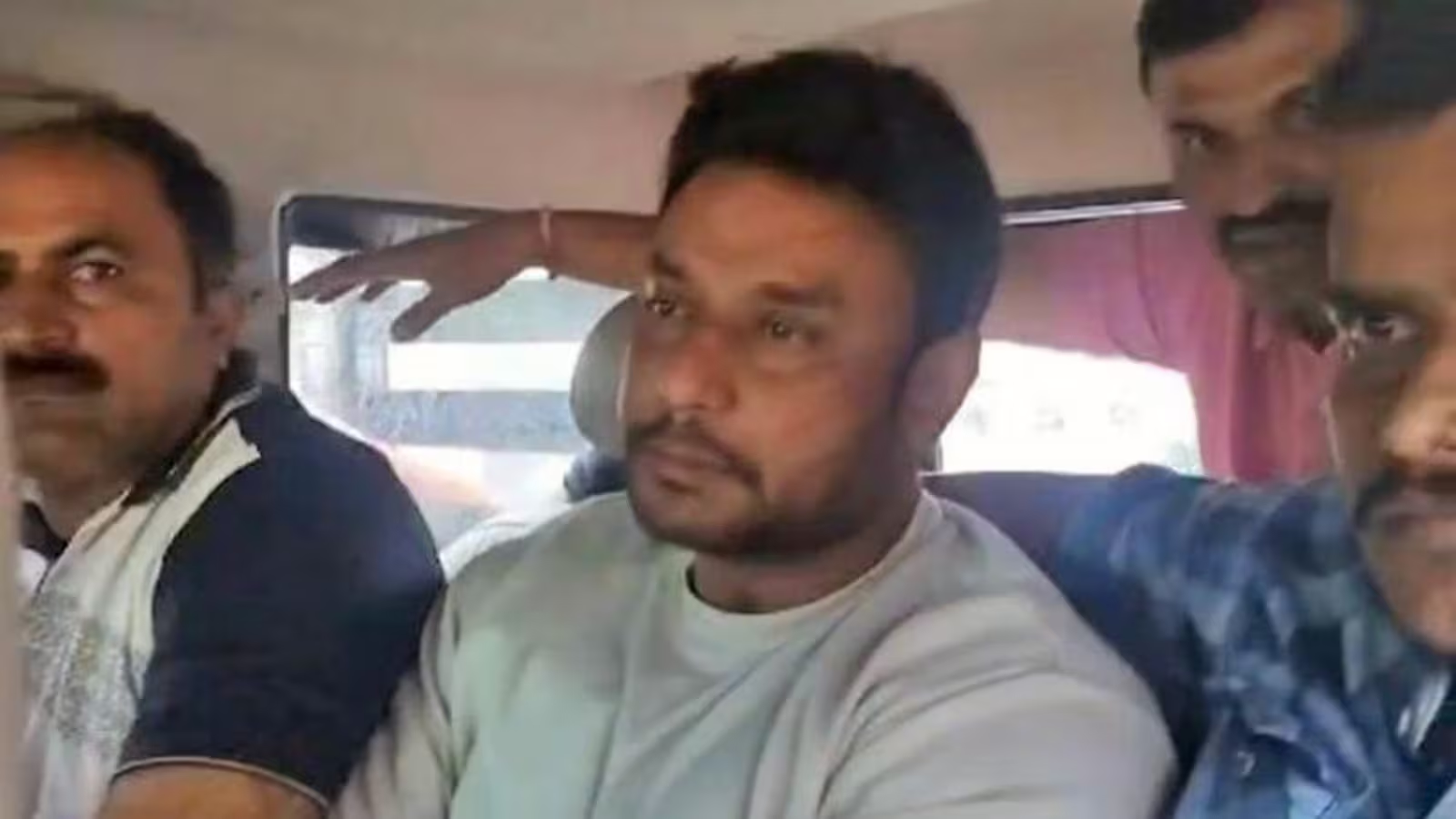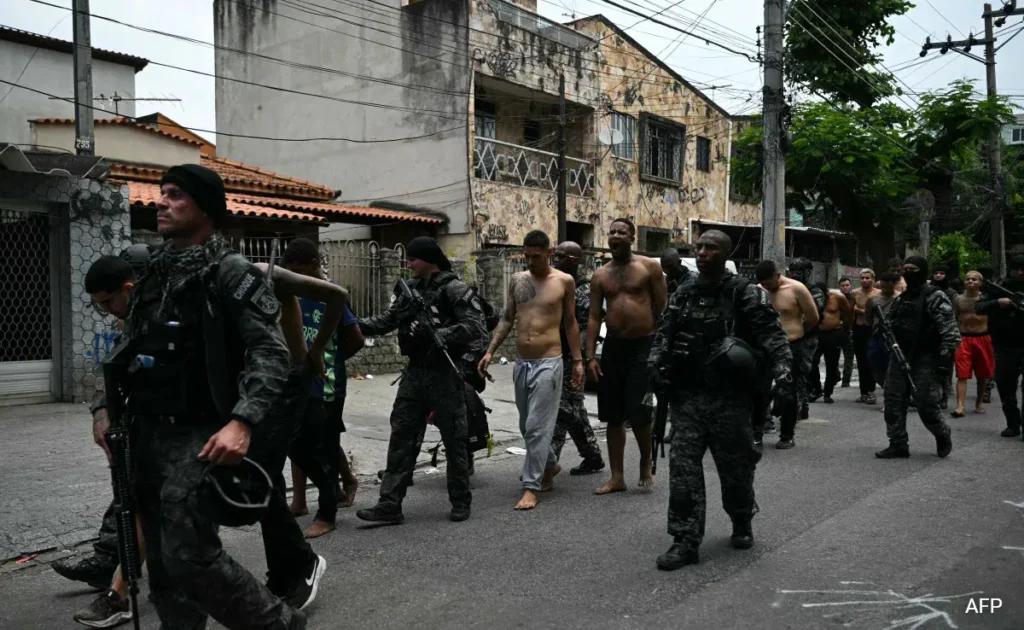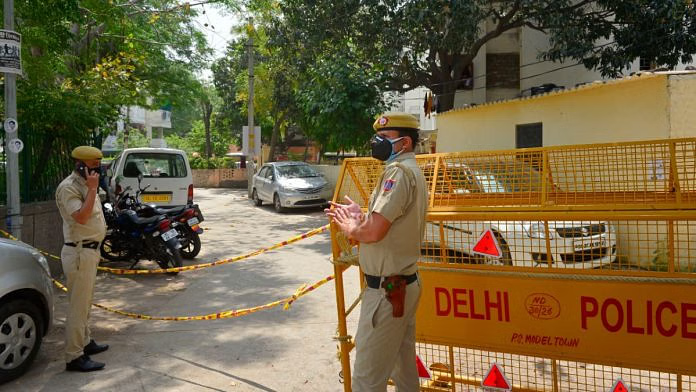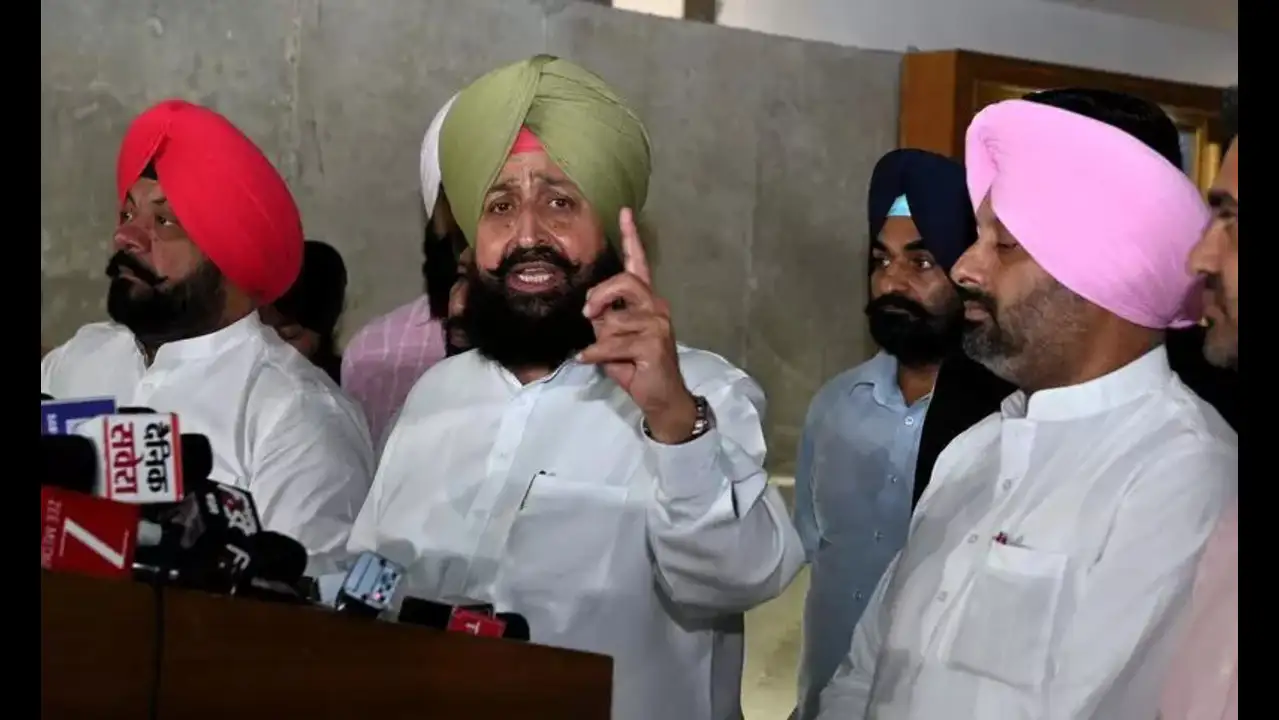Now Reading: Actor Darshan Complains of Jail Conditions, Court Responds Firmly
-
01
Actor Darshan Complains of Jail Conditions, Court Responds Firmly
Actor Darshan Complains of Jail Conditions, Court Responds Firmly

Kannada actor Darshan, currently in judicial custody, voiced his frustration in court over the lack of basic facilities in prison. He said he had not seen sunlight for 30 days and even went as far as stating he would rather be given poison than live in such conditions. The court, however, dismissed his remarks as unnecessary drama, reminding him that facilities in jail are the same for all inmates.
Darshan’s comments have sparked debate on prison conditions in India. While overcrowding and limited resources are long-standing issues, critics argue that celebrities often expect preferential treatment. The court’s sharp response was aimed at reinforcing the principle that no one, regardless of fame or status, is above the system.
For many ordinary prisoners, lack of access to open spaces, delays in medical care, and restricted facilities are daily realities. Darshan’s complaint sheds light on a wider concern but also reveals the gap between celebrity expectations and the ground realities of Indian jails.
In Tier-2 cities like Mysuru or Mangaluru, prisons face similar challenges. Limited infrastructure, high inmate counts, and budget constraints often mean that the focus is on security rather than comfort. Authorities maintain that basic standards are followed, but conditions rarely go beyond the minimum requirements.
The incident has also raised a larger question—should the justice system use such moments to highlight prison reform or simply ensure equal treatment? While some argue that jail time must be tough to act as a deterrent, others believe humane conditions are essential for rehabilitation.
Darshan’s case has brought public attention to an issue often ignored until a high-profile name is involved. For now, the court’s message is clear—rules are the same for all. But the debate around prison conditions, fairness, and reforms is unlikely to fade anytime soon.

























